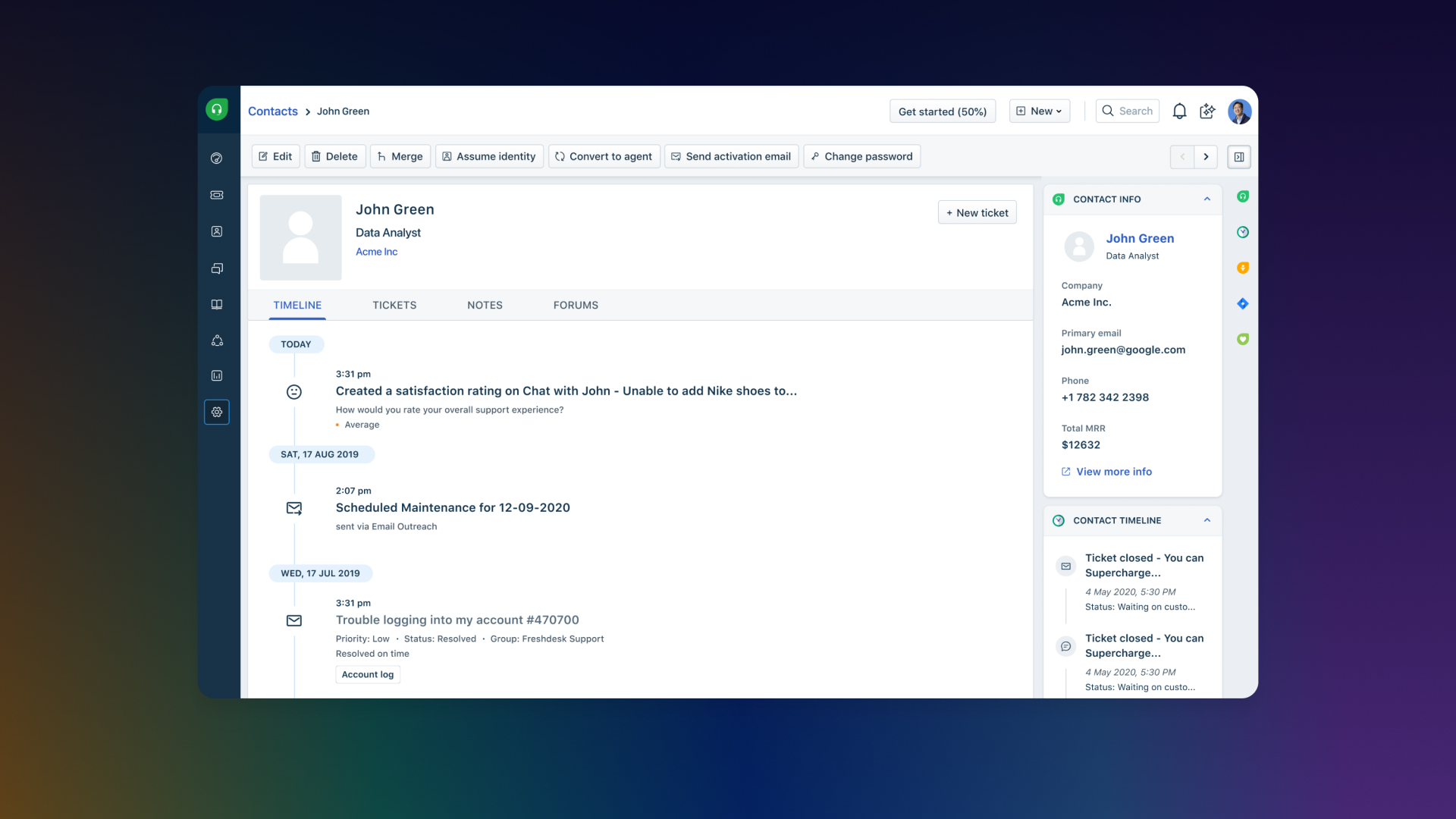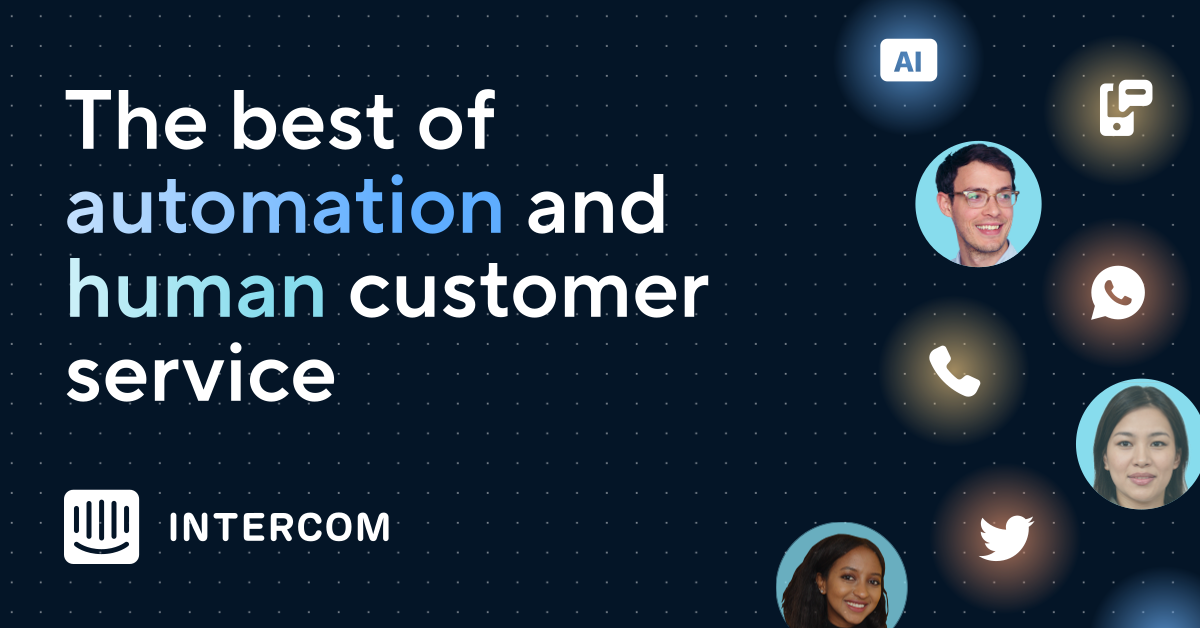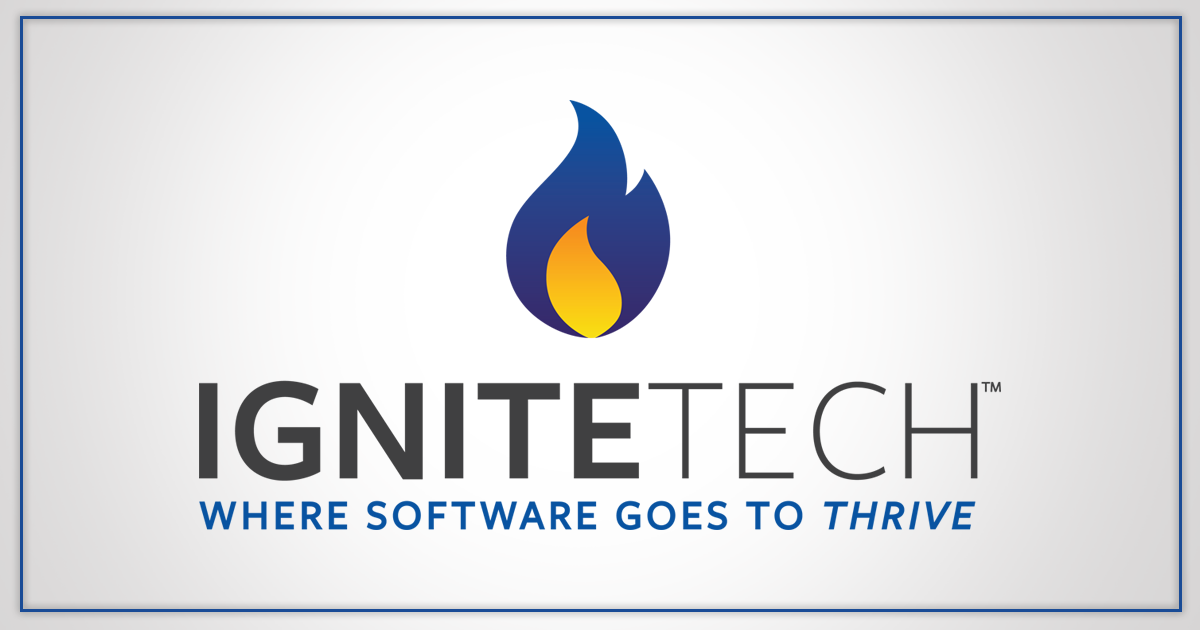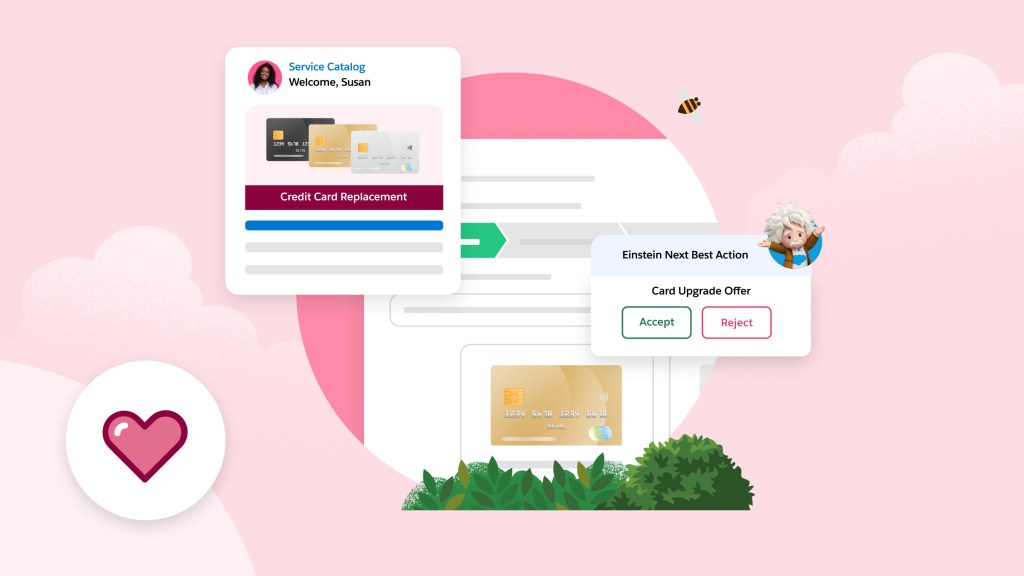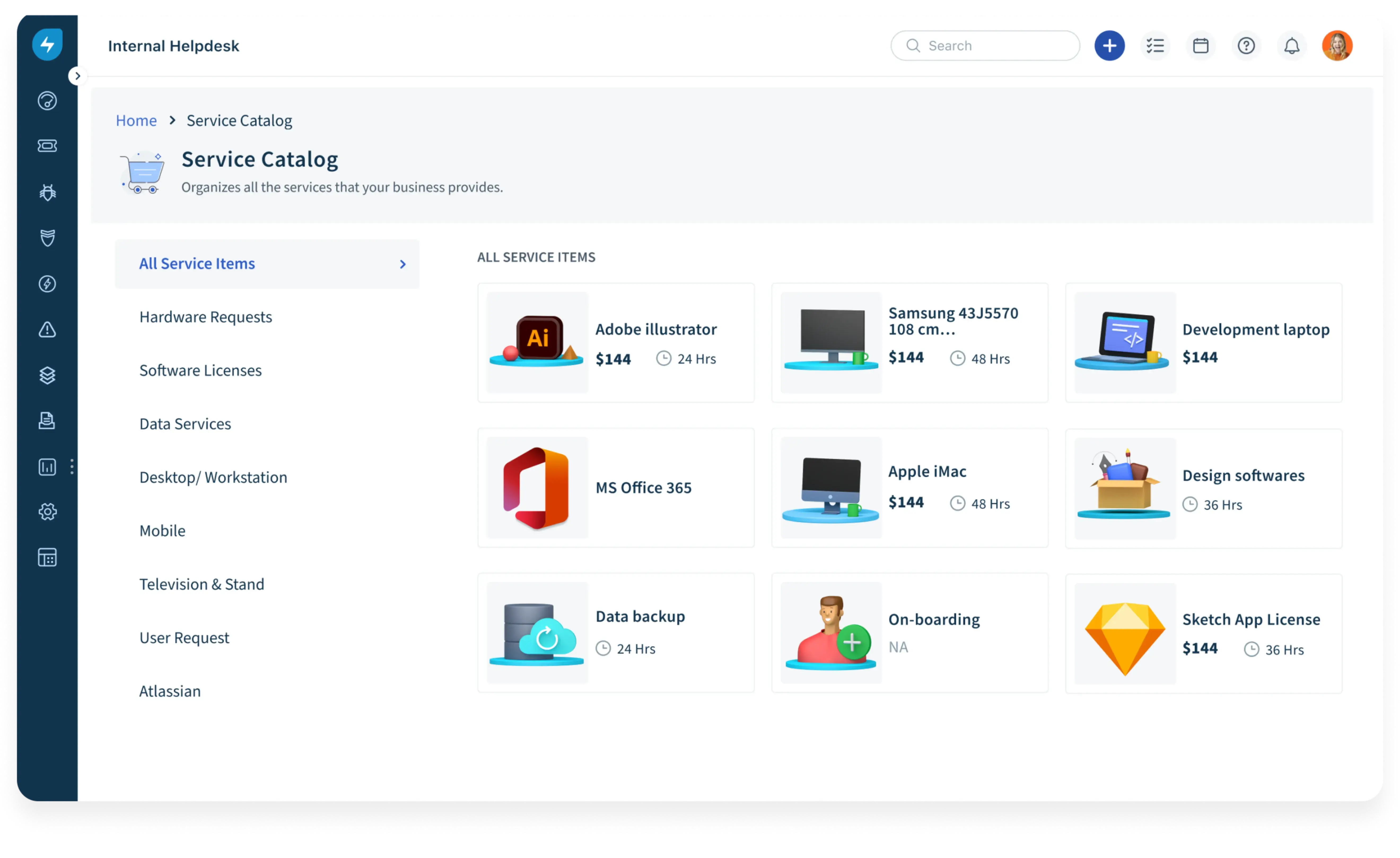Introduction
Finding the right help desk solution is a crucial step for any small business to effectively manage customer support and internal ticketing. However, with so many options on the market, it can be difficult to determine which software is the best fit. This guide evaluates 15 of the top free and open source help desk platforms based on key criteria like features, pricing, ease of use, and support to help you make an informed decision.
Methods of Evaluation
Each help desk software will be evaluated based on the following conventional criteria: features and functionality, pricing and plans, ease of use, support offerings, security and customizability. In addition to these, metrics like number of backlinks, monthly organic traffic and keyword search trends over the last few years will also be considered to gauge the popularity and market presence of each company. This will help provide a real world perspective on how widely each option is used and recognized.
1. Zendesk
Zendesk is a leading customer service software that helps companies provide a superior customer experience. Founded in 2007, Zendesk now serves over 20,000 customers worldwide including IBM, Volkswagen and Shopify. Their flagship product is a help desk and ticketing software that aims to make customer support frictionless for both businesses and customers.
Pros: Some key advantages of Zendesk include:
– Intuitive dashboard and interface that is customizable
– Omnichannel support across email, chat, social media and phone
– Powerful ticketing system to track and resolve customer issues
– Integrations with over 350+ applications including Salesforce, Slack and Jira
– Scalable to support businesses of all sizes from small teams to enterprises
Cons: One potential disadvantage of Zendesk is the pricing, as the software is best suited for businesses with medium to large support teams. The entry-level plans start around $50 per agent per month and the pricing quickly scales based on the number of agents, integrations and additional features used.
Pricing: Zendesk offers a range of flexible pricing plans tailored for companies of all sizes including:
– Startup – Ideal for teams of 1-5 agents starting at $50/agent/month
– Essentials – For teams of 5-20 agents starting at $75/agent/month
– Pro – For larger teams of 20+ agents starting at $95/agent/month
– Enterprise – Custom pricing for complex enterprise integrations and requirements
Some key stats about Zendesk include:
– Over 20,000 customers globally including large enterprises and fast-growing startups
– Supports over 30 languages and currencies
– Served over 1 billion support requests to date
– Earned numerous awards and recognition as a leader in customer service software
2. Freshdesk
Freshdesk is a leading help desk software that provides customer support solutions across various channels. They have been in business since 2011 and have helped over 25,000 companies improve their customer experience. Some key facts about Freshdesk include that they have over 350 employees globally and have raised over $228 million in funding.
Pros: Some key advantages of Freshdesk include:
– Easy to use and navigate helpdesk platform
– Robust set of features for both support teams and customers
– Customizable workflows and SLA management
– Online knowledge base and community forum included
Cons: One potential disadvantage is that the free version only allows one agent and has limited capabilities. For some very small businesses, this may still offer enough functionality but larger teams would need an upgraded paid plan.
Pricing: Freshdesk offers both free and paid plans. The free plan supports one agent and has limited features. Their starter plan starts at $15/agent/month for up to 3 agents. More premium enterprise plans are also available starting at $49/agent/month.
Some key stats about Freshdesk include:
– They support over 25,000 customers worldwide across various industries
– Supports 20+ languages including English, Spanish, French, German etc.
– Processes over 2 billion support tickets annually
– Has a 98% customer satisfaction rating based on reviews
3. UserVoice
UserVoice is customer feedback software that helps companies capture product ideas, feedback and enhancements directly from their customers. Founded in 2005, UserVoice has grown to serve over 3,000 customers worldwide including Asana, Atlassian, Intercom and LogMeIn.
Pros: The main advantages of UserVoice include:
– Feedback and support forum for customers to submitideas, issues and vote on existing items
– Voting and idea management to prioritize features
– Integrations with tools like Slack, Jira, GitHub and Trello for workflows
– Paid plans start free to get started with basic functionality
Cons: The main disadvantage is that the free plan only allows for 1 agent, 500 customers and limited data exports which may not suffice for larger companies and projects.
Pricing: UserVoice offers 3 paid plans starting at $49/month for the Basic plan which allows for unlimited agents, customers and data exports. The Premium and Enterprise plans offer additional features like custom branding, SSO and dedicated support.
Some key stats about UserVoice:
– Over 3,000 customers globally including 20% of the Fortune 100
– Processes over 50 million customer requests annually
– Users can submit over 1 million ideas and votes each month
4. Intercom
Intercom is a leading customer communications platform that provides both automated and human support solutions. Founded in 2011 and based in San Francisco, Intercom allows businesses to engage with customers across multiple channels like website, mobile apps, SMS and more. With over 25,000 paying customers globally, Intercom helps businesses build stronger customer relationships through personalized engagement at every stage of the customer lifecycle.
Pros: Some key advantages of Intercom include:
– Great live chat and messaging support tools
– Tightly integrated CRM capabilities
– Intuitive for both support teams and customers
– Robust free plan option for basic needs
Cons: One potential disadvantage is that Intercom is more focused on messaging and in-app support versus traditional ticketing and workflows which may be better for some complex support operations.
Pricing: Intercom offers three pricing tiers – Basic, Pro and Enterprise. Pricing starts at $49 per agent per month for the Basic plan which includes live messaging and basic CRM integrations. The Pro plan starts at $99 per agent and unlocks more advanced features. Custom enterprise plans are also available for large businesses.
Some key stats about Intercom include:
– Processes over 1 billion support requests annually
– Has over 750 employees worldwide
– Supported in over 50 languages
– Has raised over $240 million in funding to date
5. Help Scout
Help Scout is a leading help desk and customer service software. Founded in 2011 and based in Chicago, Illinois, Help Scout offers intelligent help desk software, knowledge base software, and other customer experience tools to help businesses deliver more helpful support.
Pros: Some key advantages of Help Scout include:Easy to use conversational interface makes support easy for both agents and customers.Powerful email and phone support capabilities allow agents to handle inquiries from any channel.Customizable macros and workflows help automate repetitive tasks and route inquiries efficiently.Robust knowledge base and documentation tools make it easy to create an organized help center.
Cons: A potential disadvantage is that Help Scout is better suited for mid-sized to enterprise businesses, as it may be overkill for very small businesses or solopreneurs with limited support needs.
Pricing: Help Scout offers three pricing tiers:Free (limited to 1 agent and 500 visitors per month)$89/month for 1 agent and up to 5,000 visitors$179/month for unlimited agents and visitorsAdditional custom plans are available for enterprise customers.
Some key stats about Help Scout include:Used by over 20,000 companies worldwide, including Microsoft, Booking.com, BuzzFeed, and Unbounce.Supports over 30+ languages and currencies.Offers help desk software, knowledge base software, and live chat capabilities in one integrated platform.
6. Help Scout
Help Scout is a help desk software company that provides shared inbox software, help center software and live chat software to help businesses manage support requests from customers. Founded in 2011 and based in Boston, Help Scout aims to make customer support a seamless experience for both businesses and their customers.
Pros: Some key advantages of Help Scout include:
– Powerful email management allows canned responses, templates and macros to streamline responses.
– Intuitive dashboard provides visibility into tickets, team performance and customer trends.
– Strong free plan provides basic features for small support teams.
– Seamless omnichannel support across email, chat and self-service help center.
– Extensive library of apps and integrations to customize workflows.
Cons: One potential disadvantage is that the premium pricing tiers may be unsuitable for very small businesses or freelancers on tight budgets.
Pricing: Help Scout offers three pricing tiers:
– Free Plan: Ideal for 1-2 agents and up to 500 emails/month. Restricted features.
– Standard Plan: Starts at $49/agent/month. Recommended for up to 5 agents.
– Advanced Plan: Custom quotes available. Recommended for large enterprises.
Some key stats about Help Scout include:
– Used by over 25,000 companies worldwide including Microsoft, PayPal, Yelp and Buzzfeed.
– Processes over 1 million tickets per month.
– Has helped companies improve resolution rates by up to 24%.
– Features shared inbox, help center, knowledge base and live chat capabilities.
– Integrates with over 150 apps including Slack, Zendesk, Intercom and Amazon SES.
7. SysAid
SysAid is a powerful ITSM (IT Service Management) software that helps IT teams improve efficiency and increase customer satisfaction. In business since 1982, SysAid helps over 10,000 customers in 142 countries automate and streamline their IT operations.
Pros: Some key advantages of SysAid include:
– Feature-rich platform for comprehensive IT management including asset, change, problem and knowledge management
– Robust mobile app that allows technicians to manage requests on the go
– Focus on following ITIL best practices to help standardize processes
– Affordable pricing even for small IT teams and businesses
Cons: One potential disadvantage is that the free tier has limited features compared to the paid tiers. For very small IT teams, the free plan might still provide enough functionality but larger teams would need an upgraded paid plan.
Pricing: SysAid offers several paid pricing plans ranging from $9-29 per user per month depending on the features required. It also offers a limited free forever plan for up to 3 users.
Some key stats about SysAid include:
– Used by over 10,000 customers globally across various industries like healthcare, manufacturing, finance and more
– Available in 26 different languages to support global customers
– Over 35 years of experience helping companies manage their IT operations
– Integrates with over 150 tools including MS Teams, ServiceNow, Jira and more
8. FogBugz
FogBugz is a popular help desk and project management software created by Fog Creek Software. It offers powerful features for issue tracking, project planning and documentation in an intuitive interface. A free basic version called FogBugz On Demand is available to get started.
Pros: Some of the main advantages of FogBugz include:
– Robust project management and task tracking features
– Intuitive ticketing system for customer support
– Seamless source code integration with change tracking
– Customizable permissions and user roles
– Cloud-based and installed versions available
Cons: One potential disadvantage is that the paid versions with more advanced features can be cost prohibitive for some small teams or individuals on a budget.
Pricing: FogBugz offers the following pricing plans:
– FogBugz On Demand (free version) – Unlimited public and private projects
– FogBugz ($10-50/user/month) – More features like automated email, custom branding
– Kiln ($8-40/user/month) – Adds version control and code reviews
Some key stats and facts about FogBugz include:
– Used by over 50,000 organizations worldwide
– Integrates with source control systems like Git, Mercurial and Subversion
– Allows unlimited public and private projects in the free version
– Wins numerous awards and recommendations from reviewers
9. LiveAgent
LiveAgent is a leading help desk software that provides live chat, messaging and support ticket handling capabilities. The company was founded in 2004 and is headquartered in Prague, Czech Republic. LiveAgent aims to help businesses improve their customer support through powerful yet intuitive software.
Pros: Some of the key advantages of LiveAgent include:
– Powerful live chat and messaging platform
– Tight CRM integrations
– Good for both support and sales teams
– Free basic license available
Cons: One potential disadvantage is that the free basic plan only allows one agent and has limited features.
Pricing: LiveAgent offers several paid plans starting from $29/agent/month. It also offers a free basic plan for evaluation and for small teams with up to 1 agent.
Some key stats about LiveAgent include:
– Used by over 12,000 companies worldwide
– Available in 40+ languages
– Processes over 1 billion conversations annually
– Integrates with 100+ apps including Salesforce, Zendesk and Hubspot
10. Jitbit
Jitbit is a help desk software that allows businesses to provide excellent customer support. Founded in 2007, Jitbit is a pioneer in the help desk software industry and powers support for over 10,000 companies worldwide. Their software allows businesses of all sizes to effectively manage customer queries, track issues, and provide great customer service.
Pros: Some key advantages of Jitbit include:
– Feature-rich yet affordable help desk solution
– Customizable ticket forms and approval processes
– Robust knowledge base and support community features
– Integrations with popular apps like Slack, Zapier and more
Cons: One potential disadvantage is that the free version has limited functionality compared to the paid plans.
Pricing: Jitbit offers both free and paid plans. The free Basic plan provides basic help desk functionality. Paid plans start at $19/agent/month for the Essentials plan.
Some key stats about Jitbit include:
– Supports over 10,000 companies globally
– Processes over 5 million support tickets per year
– Available in over 30 languages
– Offers both self-hosted and SaaS versions
11. Bugzilla
Bugzilla is an open source bug and issue tracking software developed and maintained by the Bugzilla project. It allows software development teams to manage bug reports, feature requests and patches. Bugzilla has been around since 1998 and is one of the most widely used bug tracking applications.
Pros: Some key advantages of Bugzilla include:
– It is open source software and completely free to use with no licensing costs.
– Highly customizable through extensions which allow it to be tailored to specific workflows and needs.
– Popular choice for software development teams both large and small due to its feature set and flexibility.
– Allows for self-hosting on a team’s own servers rather than a SaaS platform.
Cons: One potential disadvantage is that Bugzilla requires technical skills to install and manage as it runs on a web server rather than a SaaS platform. This means ongoing maintenance and updates are the responsibility of the organization rather than a vendor.
Pricing: Bugzilla is open source software and can be downloaded and used at no cost. There are no licensing fees or per user pricing. The only potential costs are server hardware, web hosting, and IT labor to install, configure and maintain the installation.
Some key stats about Bugzilla include:
– Used by over 2 million users worldwide
– Supported over 17 languages
– Over 350,000 bug reports tracked on Mozilla’s deployment
12. ConnectWise Manage
ConnectWise Manage, formerly known as LabTech, is a powerful all-in-one platform for professional services automation (PSA), remote monitoring and management (RMM), security operations (SOC), IT documentation and more. Used by over 15,000 managed service providers (MSPs) globally, ConnectWise Manage aims to help MSPs manage their business, service delivery, and client systems all from a single integrated platform.
Pros: Some key advantages of ConnectWise Manage include: a powerful PSA and ticketing platform, robust reporting, task automation and customization features, seamless integrations with various apps like Google Workspace, security products and more, and multilingual support for international MSPs.
Cons: A potential disadvantage is that as a comprehensive all-in-one platform, there is a learning curve to get the most out of all the different modules within ConnectWise Manage. It may be more suitable for mid-sized or larger MSPs versus smaller solo operators.
Pricing: Pricing for ConnectWise Manage starts at $99 per technician per month for the basic Professional Services Automation (PSA) package. Additional modules like Remote Monitoring and Management (RMM), security operations center (SOC), professional services (PS), and others have additional per-technician fees. Volume discounts are available for larger customers.
Some key stats about ConnectWise Manage include: they have over 15,000 MSP customers globally, monitor over 5 million endpoints daily, and have offices located in Florida, Texas, Wisconsin and Colorado in the United States.
13. Zopim
Zopim is a live chat software that helps businesses deliver personalized support on website and mobile apps. With Zopim, businesses can provide instant support to customers and answer questions in real-time. Founded in 2007, Zopim is based in Singapore and serves over 40,000 customers globally.
Pros: Some key advantages of using Zopim include:
– Powerful live chat software for seamless customer support
– Tight integrations with many eCommerce platforms and tools
– Robust analytics and reporting on conversations and customer interactions
– Free basic plan available for businesses starting live chat
Cons: The main disadvantage is that the free plan has limited features and capabilities compared to the paid plans. Businesses on a tight budget may find the free plan limiting for their needs.
Pricing: Zopim offers three pricing plans – Free, Standard and Premium. The free plan has limited features while the Standard plan starts at $49/agent/month and Premium at $99/agent/month. Both paid plans offer more agents, features and customization options.
Some key stats about Zopim include:
– Supports over 40,000 customers globally
– Available in over 30 languages
– Integrates with over 150 tools including Shopify, WordPress, Ubercart etc.
– Real-time dashboard provides insights into ongoing and past conversations
14. Desk.com
Desk.com is a help desk software product from Salesforce aimed at small to medium-sized businesses. Desk.com provides powerful yet easy-to-use customer support functionality to help businesses improve customer satisfaction.
Pros: Some key advantages of Desk.com include: – Intuitive user interface that is easy for agents and customers to use – Built-in ticket and email management to efficiently handle support requests – Automated response capabilities like canned responses to standardize replies – Tight integration with the Salesforce CRM for a unified customer view across sales and support
Cons: A potential disadvantage is that as a SaaS product, businesses are reliant on cloud hosting and internet connectivity to access Desk.com functionality remotely.
Pricing: Desk.com offers three pricing tiers starting from a free Basic plan ideal for low volume usage up to $25/agent/month for the Professional tier and $50/agent/month for the Enterprise tier with additional features like SSO and advanced reporting.
Some key stats about Desk.com include: – Used by over 60,000 companies globally – Supports 15+ languages – Integrates with over 200+ apps including Salesforce CRM, Slack, and Zendesk – Available on desktop and mobile for anytime access
15. Freshservice
Freshservice is a help desk software and ITSM platform developed by Freshworks. It provides a feature-rich platform for IT service and support management including features like request, incident, and change management as well as asset, knowledge, and self-service capabilities.
Pros: Some key advantages of Freshservice include: – Robust templating and automation capabilities to streamline workflows – Strong self-service portal for employees to search knowledge bases and submit service requests – Good range of functionalities including monitoring, reporting, and resource management – Mobile app for agents to manage requests on the go
Cons: One potential disadvantage is that the free plan only allows for basic functionality and is limited to 3 agents and 50 requests per month so may not be suitable for larger teams.
Pricing: Freshservice offers various pricing plans starting from a free plan up to enterprise plans priced based on team size and needs. The pricing starts at $49/agent/month for the basic plan while the enterprise packages are custom-quoted.
Some key stats about Freshservice include: – Used by over 1500 companies worldwide – Processes over 5 million tickets annually – Integrates with over 150 apps including Jira, Microsoft Teams, and ServiceNow – Available in 50+ languages
Conclusion
While all the help desk platforms evaluated here offer great functionality for a free or open source option, the top choices based on the comprehensive evaluation are Zendesk, Freshdesk and UserVoice. They stand out as having the most robust feature sets to support complex workflows, easy to use dashboards and strong free tier plans. Support offerings are also best in class. However, every business has different priorities so I’d recommend trying out a few options to see which interface and capabilities are the best fit for your unique support needs.





